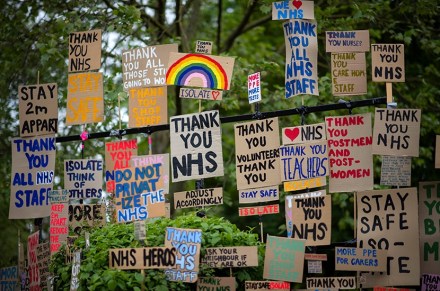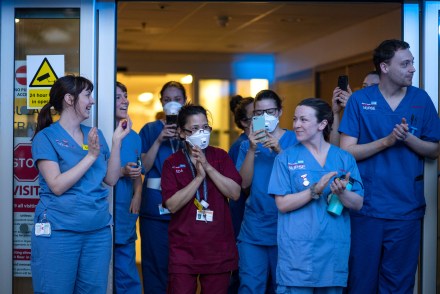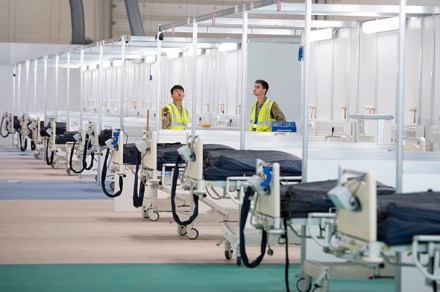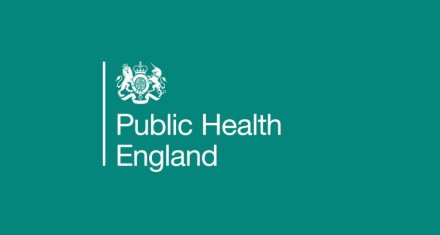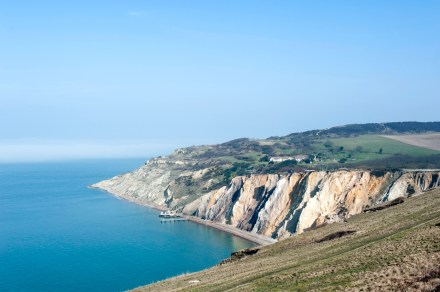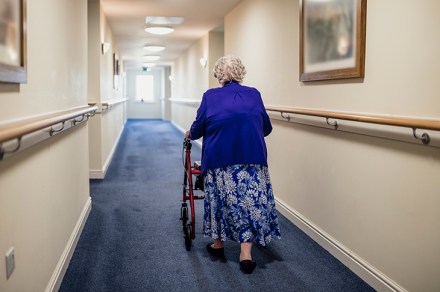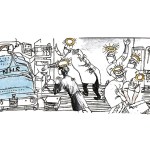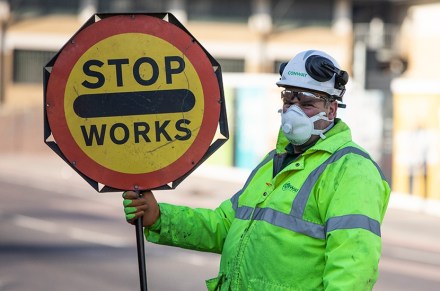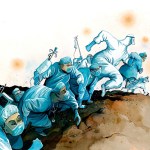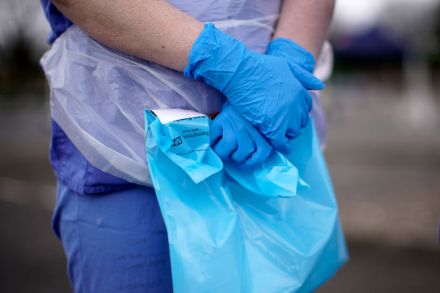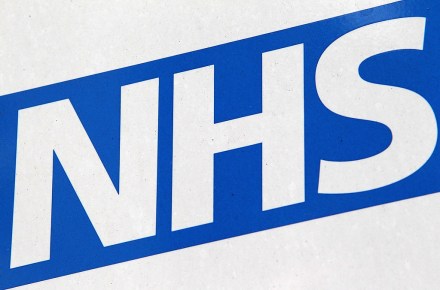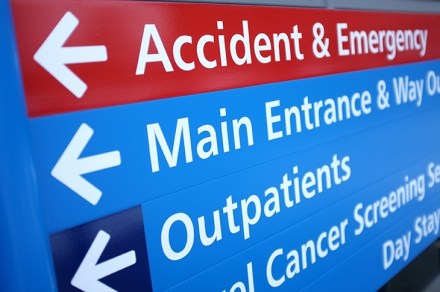The NHS is letting down thousands of patients
I’m embarrassed every Thursday. I don’t mean to sound ungrateful. The outpouring of love for NHS workers at 8 p.m. each week has been touching. Who wouldn’t want to be clapped and cheered? But quietly among ourselves, many of us in the health service have increasingly felt it’s misplaced. I’ve come to dread it. It makes me wince. The fact is that the NHS is currently letting down thousands upon thousands of patients. When the dust has settled, I fear that we will be responsible for the death or morbidity of countless people. Since the pandemic hit, entire NHS services have completely stopped. I fear that this will have catastrophic
